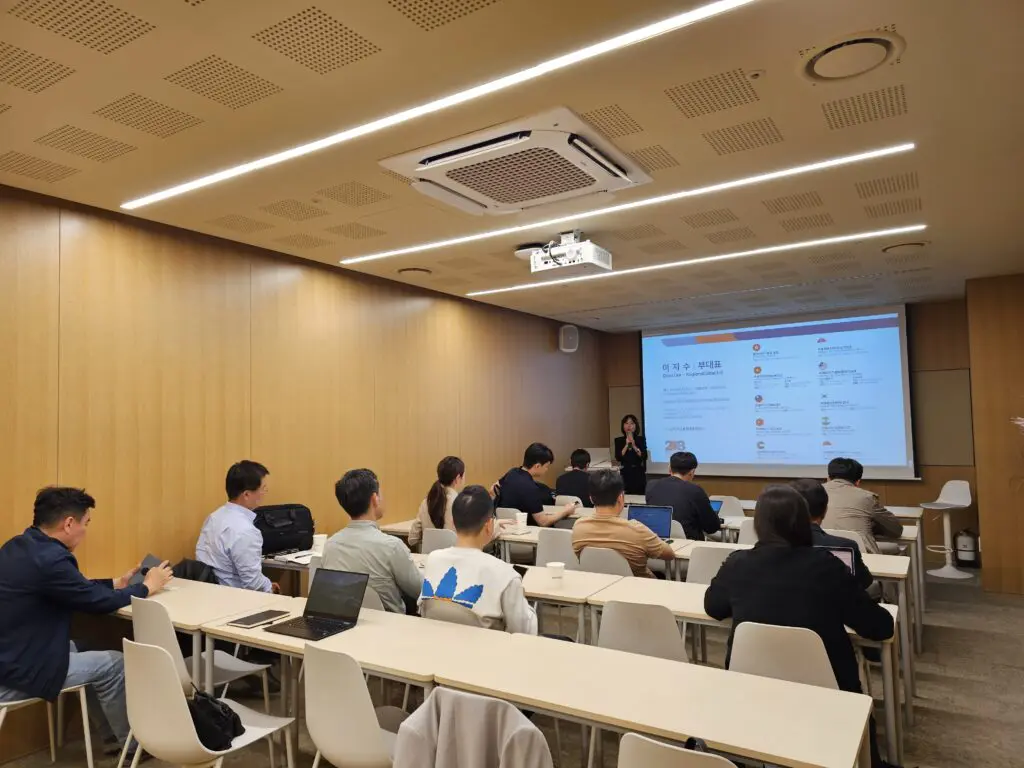Singapore Company Management
| When to hold AGM and AR Filing | Required Timeframe | Required Documents | Corresponding Government Authority | Non-compliance | |
| Annual General Meeting / Annual Return | Holding the general shareholders’ meeting (AGM) •Within 6 months (4 months for listed company) from the end of each fiscal year Filing of Annual Return (AR) •Within 7 months (6 months for listed company) from the end of each fiscal year | •Preparation of AGM documents take about 1~2 business days (from the day Financial Statement received) •Within the day for annual return submission | •Audit/Unaudited Financial statements •AGM documents | Accounting and Corporate Regulatory Authority (ACRA) • | •Composition Fines of SGD 300 for each offense under Article 175, 201 & 197 •Court Prosecution •Disqualification of directors •Striking off companies. |
| When to file | Required Timeframe | Required Documents | Corresponding Government Authority | Non-compliance | |
| GST (For GST registered companies) | Reporting period •Monthly / quarterly / semi-annually (Generally quarterly report) Deadline •Within one month from the end of the reporting period •Compulsory e-Filing | •5 to 10 business days (from the day documents received) | •GST F5 (periodic filing) •GST F7 (errors filing) •GST F8 (final filing before deregistration) | Inland Revenue Authority of Singapore (IRAS) • | •SGD 200 imposed immediately and continuously for every completed month (max. SGD 10,000) •Issue estimated Notice of Assessment and imposed 5% penalty on estimated tax •Summon the business or person responsible to Court |
| When to file | Required Timeframe | Required Documents | Corresponding Government Authority | Non-compliance | |
| Corporate Income Tax Return | Taxable period: preceding financial year (i.e. income earned in financial year 2020 will be taxed in 2021) Estimated Chargeable Income (ECI) •e-File within three months from the end of financial year (except company qualifies for the administrative concession*) * – Annual revenue less than SGD 5 million; and – ECI is NIL. Corporate tax return •e-File by 15 December every year | •2 weeks to 1 month (timeframe may vary depending on size of company, complexity of tax structure and business activities) | •Audit/Unaudited Financial Statements •Tax computation and relevant tax schedule •Form C-S (Lite)/Form C-S/Form C | Inland Revenue Authority of Singapore (IRAS) • | •Issue estimated Notice of Assessment (Company required to pay within one month) •Offer to compound the offence (not exceeding SGD 1,000) •Summon the company or person responsible to Court |
| When to file | Required Timeframe | Required Documents | Corresponding Government Authority | Non-compliance | |
| Employment Income Reporting | Employers are required by law (S68(2) of the Income Tax Act) to prepare annual report for employees who are employed in Singapore by 1 March each year. Deadline •Employer: Distribute IR8A to employee by 1 March •Employee: Submit income tax returns to IRAS a)Paper Filing: 15 April each calendar year b)e-Filing: 18 April each calendar year | May vary depending on the number of employees Schedule according to case by case basis | •Form IR8A, Appendix 8A, Appendix 8B, •Form IR8S (excess CPF contribution) •Auto-Inclusion Scheme (AIS)* * From Year of Assessment (YA) 2021, participation in AIS is compulsory for employers with 6 or more employees or who have received the “Notice to File Employment Income Of Employees Electronically under the Auto-Inclusion Scheme (AIS)” | Inland Revenue Authority of Singapore (IRAS) • | •Issue estimated Notice of Assessment (Individual required to pay within one month) •Offer to compound the offence (not exceeding SGD 1,000) •Summon to Court |
Introduction of Singapore Taxation System
There are several reasons for investors turn to Singapore for establishing their operations and one of the determinant is Singapore’s tax regime – well-known for its attractive corporate and personal tax rates, tax relief measures, non-taxable capital gains, one tier tax system and extensive double tax treaties.
Persons, including corporations, partnerships, trustees and bodies of persons carrying on any trade, profession or business in Singapore are chargeable to tax on all profits that “accrued in” or “derived from” Singapore as well as income received from outside Singapore.
Type of Taxes in Singapore
- Income Tax
- Property Tax
- Motor Vehicle Taxes
- Customs & Excise Duties
- Goods & Services Tax (GST)
- Withholding Tax
- Betting Taxes
- Stamp Duty
- Others
Introduction of Singapore Goods & Services Tax (GST)
Goods and Services Tax (GST) was implemented on 1st April 1994 in Singapore. The Inland Revenue Authority of Singapore (IRAS) acts as the agent of the Singapore government and administers, assesses, collects and enforces payment of GST. Introduction of GST is seen as a means to lower personal and corporate income tax rates while maintaining a steady revenue base for the government. GST is an indirect tax as it taxes expenditure. The current rate of GST is 7%.
Goods and Services Tax or GST is a broad-based consumption tax levied on the import of goods (collected by Singapore Customs), as well as nearly all supplies of goods and services in Singapore. In other countries, GST is known as the Value-Added Tax or VAT.
GST exemptions apply to the provision of most financial services, the supply of digital payment tokens, the sale and lease of residential properties, and the importation and local supply of investment precious metals. Goods that are exported and international services are zero-rated.
We are regularly holding webinars. To make the dream of starting your overseas business come true with us.
Hong Kong Bank Account opening

Premiatnc
Related Posts

싱가포르 예산안 2026 발표, 기업들은 무엇을 준비해야 할까?
2026년 2월, 싱가포르 정부는 새로운 예산안(Budget 2026)을 발표했습니다. 표면적으로는 기업 지원과 생활비 완화 정책이 눈에 띄지만, 이번 예산안의 핵심은 변화하는 글로벌 환경 속에서 싱가포르가 어떤 방식으로 경쟁력을 유지하고 기업 성장 기반을 강화할 것인지에 대한 전략을 담고 있다는 점에 있습니다.

한국 VC의 해외 펀드 구조 변화, 왜 싱가포르가 다시 주목받고 있을까
최근 몇 년간 한국 벤처투자 시장은 빠르게 성장했지만, 해외 투자 및 글로벌 자본 유치 과정에서는 여전히 투자 구조 수립과 규제 대응 측면의 현실적인 과제가 존재합니다. 특히 해외 펀드 결성이나 크로스보더 투자 구조를 검토할 때 운용사(GP)들은 각 국가의 규제 환경, 세무 구조, 그리고 향후 투자 회수 방식까지 동시에 고려해야 하는 상황에 놓이고 있습니다.

베트남 IT 개발 아웃소싱, 리스크를 줄이려면?
베트남 IT 아웃소싱은 비용 효율성과 우수한 개발 인력을 동시에 확보할 수 있는 전략으로, 최근 한국 기업을 포함한 글로벌 기업들 사이에서 빠르게 확산되고 있습니다. 인건비 부담이 높은 국가들과 달리, 베트남은 합리적인 개발 비용과 안정적인 IT 인력 공급 구조를 갖추고 있어 웹·모바일 개발, 소프트웨어 구축, 시스템 유지보수 등 다양한 분야에서 경쟁력을 인정받고 있습니다.
비즈니스 / 컨설팅 문의하기
비즈니스 / 컨설팅 문의하기
